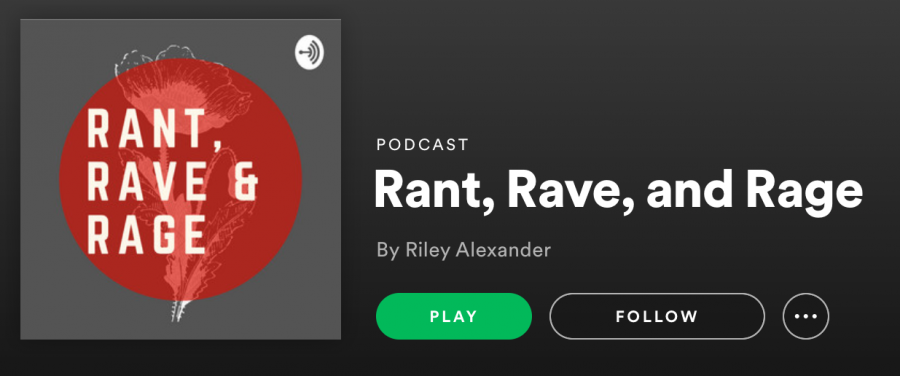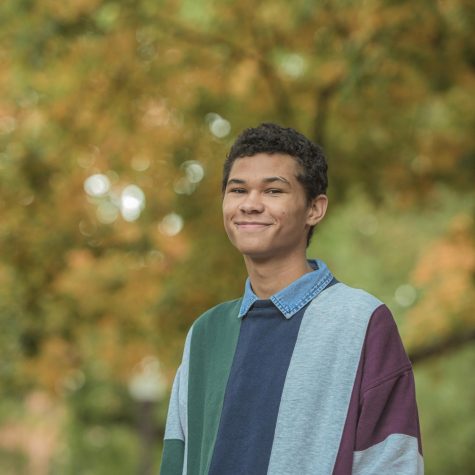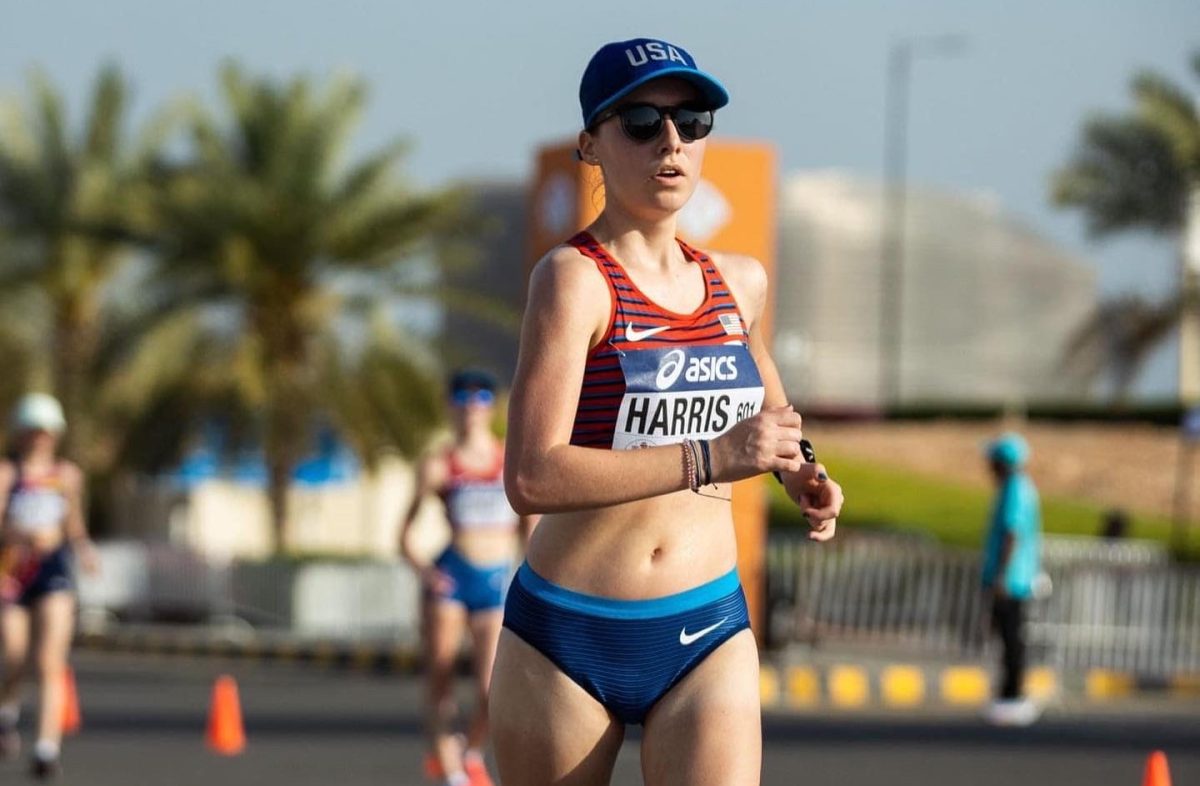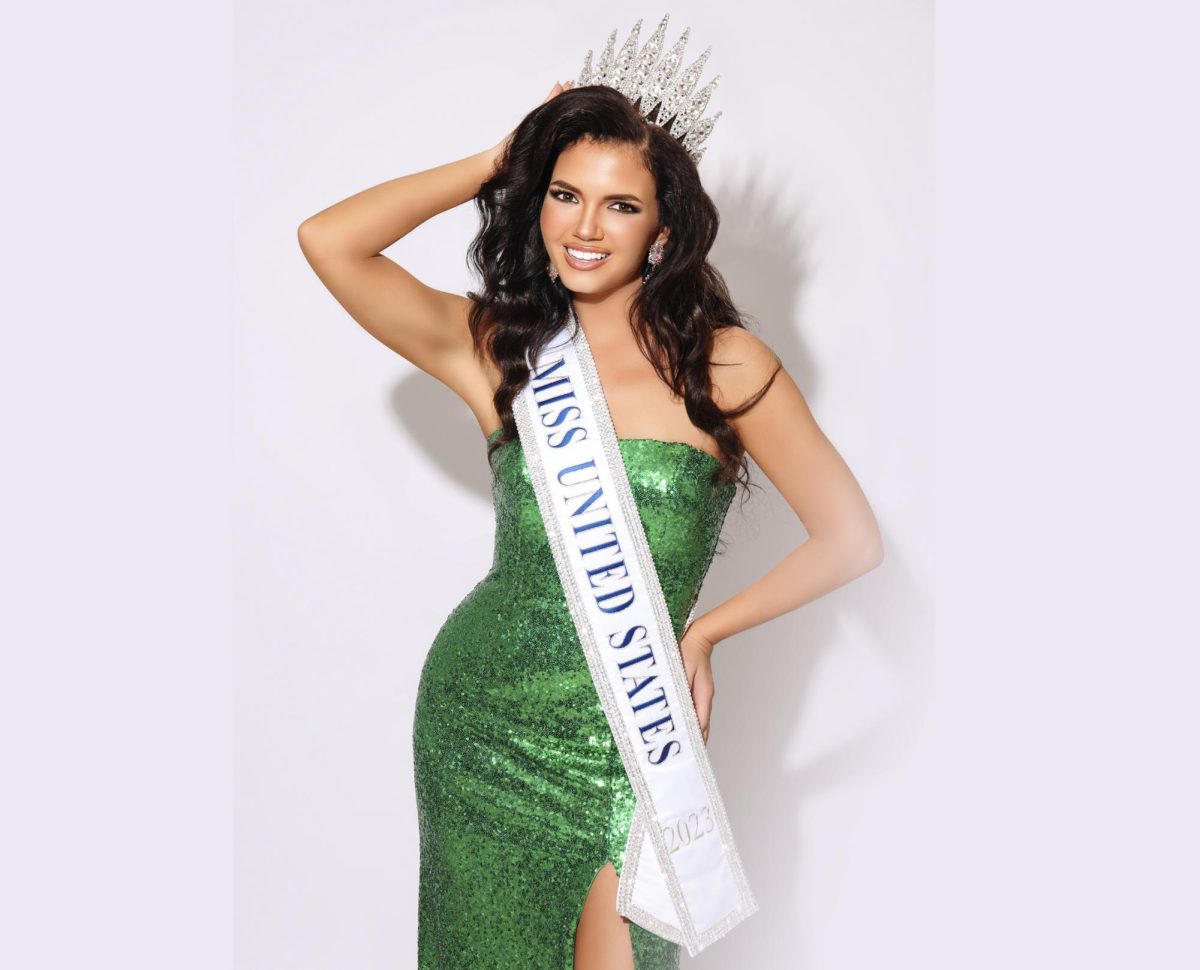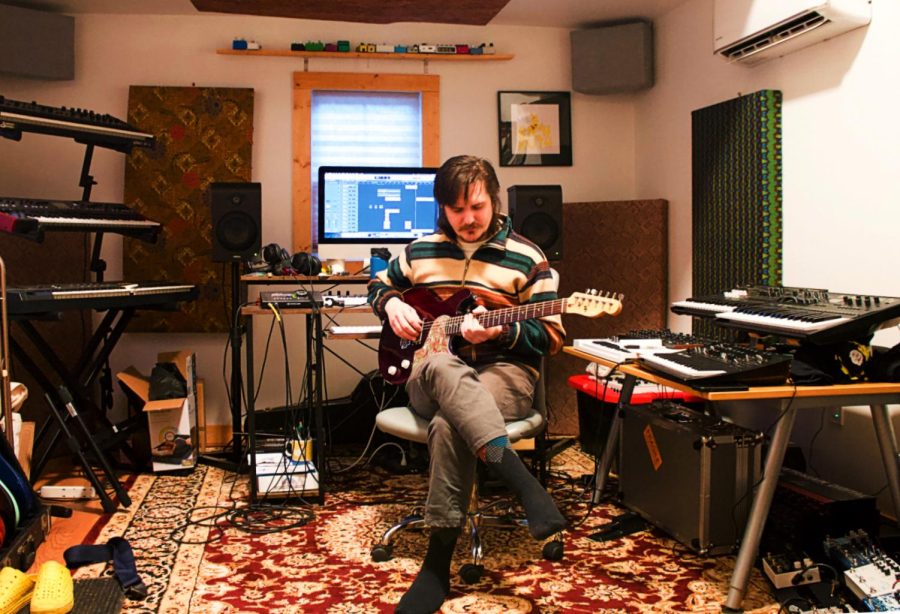The younger generation is redefining the podcast space both as listeners and creators. Junior Riley Alexander is one among many in a Gen-Z wave of podcast creators who have opted to sit in front of a mic, rather than a camera or a keyboard, to share their thoughts.
Alexander’s podcast, “Rant, Rave, and Rage,” started as a quarantine project and has now transformed into a full-fledged outlet for her musings and opinions. The possibility of starting a podcast ran in the back of Alexander’s mind for more than two years with VandyRadio, but the leap to starting her own show happened during her extended break at the end of the 2020 school year.
“I have so many thoughts and I can only force my family to listen to them so many times before they get irritated, or before they ask me to talk to a friend. So, I decided to start a podcast instead,” Alexander said.
The show itself is a freeform exploration of Alexander’s hot takes—a way to share the things she is currently ranting, raving or raging about. With six episodes currently available on major streaming platforms (like Spotify), Alexander records episodes discussing pretty much anything.
“It’s kind of like the potpourri section in Jeopardy where they put all the questions that don’t fall into other categories,’” Alexander said.
The podcast’s first episode, “The Problem with Stan Culture,” is a dissection of “stanning” and hits on the problematic idolization of celebrities. The idea that “stans” derive self-worth from their favorite actors and musicians is one that Alexander critiques at length in the twenty minute episode. She balances out these critiques by admitting her own contributions to stan culture.
“I’m not trying to act like I am absolved or somehow removed from stan culture,” Alexander said in the episode. “I wanted to talk about this to one: hold myself accountable, and two: maybe start a discussion amongst people who enjoy things.”
The second episode is provocatively titled, “The United States has Daddy Issues.” Here, Alexander critiques the writings of the American Revolution. Although this episode is drastically different in content from the first, her versatility in covering a variety of subject matter is supplemented by research.
“That [second] one was a little bit more in depth research because I wanted to make sure I was being accurate in examining those documents,” Alexander said. “A day or two of research went into the second episode while the first episode was just me off the cuff, talking about my feelings about the topic that day.”
Alexander’s opinions are not only informed by research, but from her perspective as a Black woman. This insight is one she hopes listeners will consider when they tune in.
“I hope people consider a different perspective,” Alexander said. “I think that maybe listening to the podcast will expose people to someone with my identities.”
Perspectives came back into the conversation when Alexander talked about her future goals for the podcast. As a solo act, she is limited in the subject matter she can accurately share on her own, so she wants to invite knowledgeable guests to share their thoughts in the future.
“There’s a whole lot of things I’m interested in, but I’m not an expert on nor do I have the authority to speak about. I’d love to have different people with different perspectives come on the podcast.” Alexander said.
Alexander is continuing to record episodes and teased an upcoming discussion of the controversial villain “Azula” from the Nickelodeon cartoon classic: “Avatar: The Last Airbender.” As she delves deeper into her multitude of interests, Alexander will continue to reach out to her audience through commentary that is both conversational and informative.
“I hope it feels like it could be a conversation. I want listeners to feel like they are listening to their friend rant. That’s the type of friend I am, I’m the one who’s like, ‘Yeah I’m gonna talk for 30 minutes if that’s okay.’”

